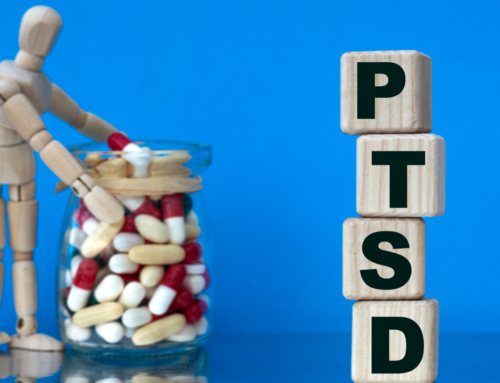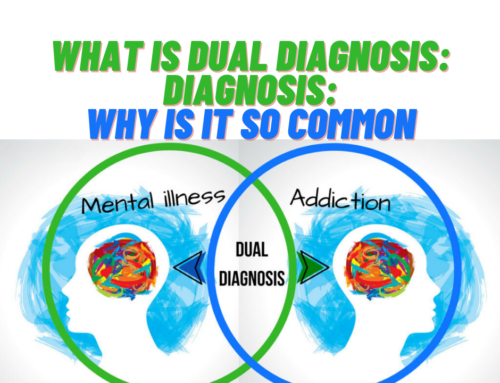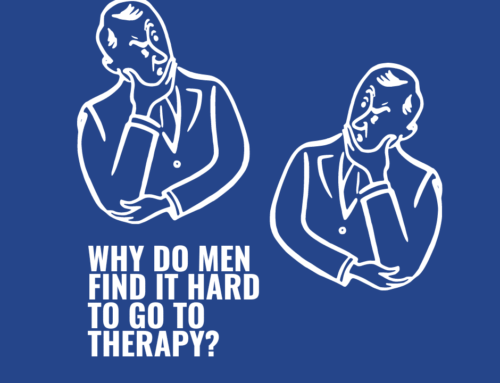Animals can significantly aid in the recovery process. Dr. Ann Berger theorizes that animals naturally practice the tenants of mindfulness, focusing all of their attention wholeheartedly on the present moment with someone who needs it.
Animals aren’t just soothing, though. Having an animal to take care of has also been shown to make individuals more disciplined, more physically active, less lonely, and therefore, less likely to relapse.
The Role of Dogs in Recovery
Not everyone is an animal person, but it’s safe to say that most people love dogs. Several studies have shown that simply having a trained therapy dog present can increase participation, trust, and communication among program facilitators and clients.
In one study, individuals who were incarcerated participated for six months once a week for one hour in 20 dog-assisted therapy sessions. For inmates with a history of substance abuse, dog-assisted therapy sessions showed improved social skills, reduced cravings, and reduced anxiety and depression symptoms.
In another study, patients with dual diagnoses showed improved daily life skills conducive to decreased impulsivity and better self-control over just ten sessions with animal-assisted therapy.
If you don’t do well with dogs, animal-assisted therapy can include many different animals, including horses, cats, guinea pigs, and more.
How to Benefit From Animals in Recovery
If you feel like having an animal around in some capacity can assist you in treatment or recovery, there are several options. Many treatment facilities offer animal-assisted therapy. However, you can continue to reap the benefits outside of treatment.
To use the benefits of animals in your recovery, you can consider the following:
- Adopt from a local shelter. In a shelter, you can find an animal that matches your personality and helps you on your recovery journey.
- Keep an eye on your library and local pages for therapy dog events. Often organizations training therapy dogs will bring them to public locations to give them a taste for social interaction.
- Become a dog walker. If you can’t commit to having a dog in your house but like to interact with them at their happiest, this may be an excellent way for you to enjoy spending time with dogs without taking the responsibility home with you.
- Look into equine therapy or horse riding opportunities. Horses are among the most emotionally intelligent animals that humans have domesticated. Look into facilities that offer therapy sessions with trained horses or simply take up horse riding to get your time with an animal whose only job is to spend time with you.
Taking care of animals is a life skill that can benefit your quality of life and recovery. At Alta Loma Transformational Services, our treatment options include education about similar life skills that can help you maintain your motivation and skills for long-term recovery. Not only can we equip you for success outside of treatment, but our facility also has two loving therapy dogs to assist in your recovery. Our treatment center helps men recover from addiction and co-occurring mental health disorders, and we can help you too. To learn more, call Alta Loma at (866) 457-3843.



